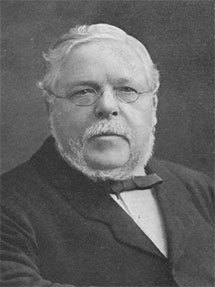
Giffen’s Paradox? Economics is the study of the production, consumption, and transfer of wealth. Some view economics almost like a religion—certainly as if it was a science complete with laws and principles, predicting behavior and outcome.
We are told the value of an object relates to the law of supply and demand. If three people want an object and there are only two available, it should command a higher price than if there were only two people and three were available.

Giffen’s Paradox
But now, say you have a new hand-held device. Sales are not the best, even though you offer a low, get-acquainted price. What do you do as a businessman to increase sales? You apply Giffen’s Paradox. You raise the price! You heard me right. Believe it or not, there’s a good chance the product will exhibit improved sales.
Science or Abnormal Psychology?

Does such an event suggest economics obeys scientific principles? But, there’s more. Colleges and after-college technical publications are frequently exorbitantly expensive. One organic chemistry book on synthesis I located online was priced at $2,875.67. Now what book do you know is worth that much? What gives? It is the limited market for such a work.
Only a relatively small handful of patrons will purchase that book. In effect, it is a very limited demand. Instead of the price dropping, the price must rise, or the author will never write such a book and a publishing firm will not enthusiastically put it on the market. The price goes up with decreasing demand, not down. Surely Giffen’s Paradox and the other example of a limited market aptly demonstrate economics is by no means a science.
References:

When you see how differently various economists interpret the same facts, it is definitely not a science, more a black art, I think!